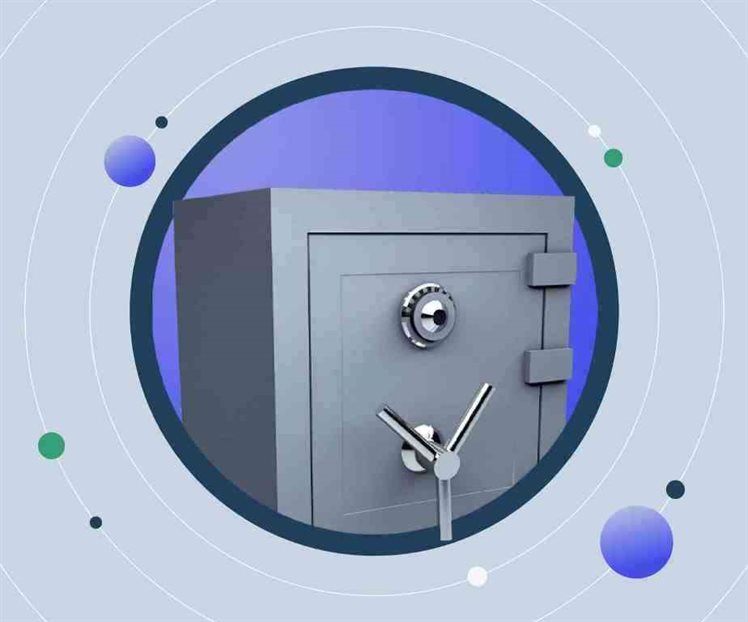Secured Business Loans: Why Having Collateral is Key in a World of COVID
Secured Business Loans
2nd June 2021, Kathmandu
10 or 15 years ago, small business owners would head down to the bank and apply for a loan like it was the most normal thing in the world. Even those with very recent startups would go into the meeting with a sense of optimism. Today, you’ve got around a 1 in 5 chance of being accepted – a demoralizing low acceptance rate that has put apathy into business owners’ belief in banks and driven them elsewhere.
Whilst there are many types of secured business loans online, as discussed below, banks tend to be extremely conservative regarding how what, and who they lend money to.
Whilst it would be an oversimplification to put it all on the 2008 crisis, it certainly was a catalyst for increasing regulation that made it difficult for banks to take risks. Furthermore, community banking is being depleted at the cost of growth in big banks, of which the former were more likely to lend local businesses money.
Another reason for big banks’ aversion to small business loans is that smaller loans bring less revenue. Underwriting a loan takes up resources, meaning the smaller the loan, the less it’s worth issuing. Banks have long application processes that take up a lot of time and wages, and after all, why would they care about local business when their branches are part of multinational chains?
Security is necessary
Securing a loan against an asset has always been a way to negotiate cheaper interest rates, mostly because the risk is reduced for the lender. However, it’s become almost a prerequisite in current times of the pandemic where markets are volatile; businesses cannot forecast accurately due to ever-changing improvised lockdown policies, and an economy that feels as though it’s on the brink of collapse.
You almost have to appear zero-risk to attain credit when it comes to banks, but thankfully, online lenders are a lot more start-up-friendly. Online providers are a little less pragmatic when it comes to application approval. They seem to judge current financial statements in isolation and perhaps credit scores as secondary (often having a low minimum floor).
But, they are not immune to borrower risk in the current times either, and security is increasingly important to online lenders. However, the huge advantage here is that online lenders have innovative ways to use security. Here are the key types of secured business loans:
Invoice Finance
Invoice financing means using your invoices as collateral (even if this is a slight metaphor) against a loan. Alternatively, this can be viewed as a company buying your uncollected invoices from you at a discount rate.
Whilst a sufficient history of invoices, and a current amount of accounts receivables, are both required, the loan’s risk is reduced because of these set-in-stone invoices. Reducing risk is a great way to reduce the interest rate, and this is an innovative way to muster up some security when you don’t want to jeopardize your personal assets.
Equipment financing
Equipment financing is another creative way to provide security without risking personal assets. Equipment financing is similar to car financing in that the car or equipment is very much up for repossession within the terms of the loan. The loan provided must be spent on such equipment for this reason, which reduces the debt risk in two ways: the lender has security but also knows where the money is going.
Interest rates tend to be quite low for equipment financing, particularly in comparison to unsecured loans and ordinary small business loans.
Merchant Cash Advance
A merchant cash advance (MCA) is another unique method of attaining finance, with a creative way to repay the loan. MCAs are essentially financing in which businesses receive the funding up front, and repayments are made automatically. They are deducted as a percentage of your credit or debit card sales until the loan has been repaid. So, this becomes easy to factor into your cash flow forecasting because it’s a rigid “cost of sale” type scenario, and it’s also a type of security for the lender.
Generally, the repayment period is between a few months as a year. Of course, a period of high (card) sales will lead to paying back the cash advance sooner. We can also see how this reduces the risk for the lender, with an automated system of repayment established, though interest rates are often greater than other forms of secured loans.
Secured loan
A secured loan is a straightforward loan with an agreed amount and term length of repayments. Each month, repayments are made against the principal and interest of the loan. Generally, online lenders offer secured loans between 3 months and 3 years. However, bank loans and some lenders will offer lengthy, 10-year loans. In this scenario, business or personal assets must be used as collateral, such as land, vehicles, or property. This poses a greater risk for the borrower than many of the other forms of secured loans.
There are also a couple more types of secured loans, such as overdrafts and asset finance. Deciding which is right for you will take some thought, as repayment structure, term length, amount, interest, and other factors are at play. For example, secured loans are great for marketing-driven growth projects, whilst equipment financing is great for expanding your production line. Bank loans are still the holy grail of loans if they can be attained. But given the low approval rates, the application process is often seen as a futile waste of time.







